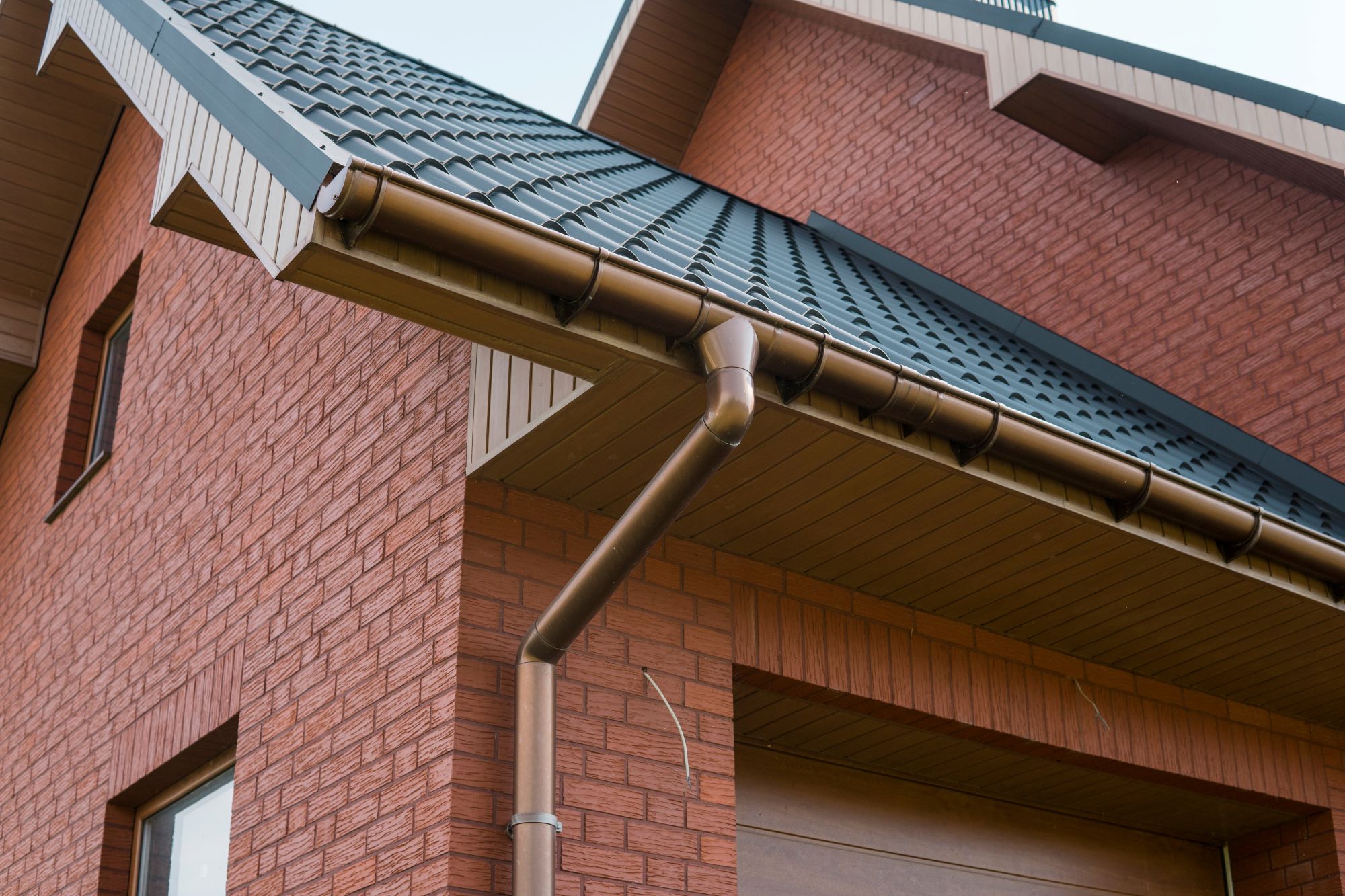Installing a new roof on your home is a significant investment that can offer a wide range of benefits, from enhancing the aesthetic appeal of your property to increasing its market value. Among these benefits, one of the most impactful is the improvement of your home’s energy efficiency. A new roof can significantly reduce energy consumption, leading to lower utility bills and a more comfortable living environment. This guide will delve into the ways a new roof can enhance energy efficiency, highlighting the roles of local roofers, the importance of finding “roof replacement near me,” and the expertise of a roofing contractor.
Reflective Roofing Materials
One of the primary ways a new roof can improve energy efficiency is through the use of reflective roofing materials. Traditional roofing materials often absorb a significant amount of the sun’s heat, increasing the temperature inside your home. This can lead to higher air conditioning costs during the warmer months. On the other hand, reflective roofing materials reflect the sun’s rays away from your home, keeping the interior cooler and reducing the need for air conditioning. Local roofers can advise on the best materials for your climate and home design, ensuring optimal energy efficiency.
Improved Insulation
A new roof installation provides the opportunity to upgrade the insulation in your attic or roofing system. Proper insulation is crucial in preventing heat transfer between your home’s interior and the exterior environment. During the winter, good insulation keeps warmth inside, reducing the need for heating. In the summer, it prevents excessive heat from entering your home, keeping it cooler. A skilled roofing contractor can assess your current insulation levels and recommend improvements, ensuring your new roof is as energy-efficient as possible.
Enhanced Ventilation
Ventilation is another critical factor in a roof’s impact on energy efficiency. Proper ventilation helps regulate attic temperatures, preventing the buildup of hot air in the summer and reducing moisture accumulation in the winter. This regulation helps maintain a more consistent indoor temperature, reducing the strain on your heating and cooling systems. When searching for “roof replacement near me,” consider local roofers who understand the local climate and can design a ventilation system tailored to your home’s needs.
Solar Panels Integration
For homeowners interested in maximizing their energy savings, integrating solar panels during a new roof installation is an excellent option. Solar panels allow you to generate your own electricity, significantly reducing your reliance on the grid and lowering your energy bills. Many roofing contractors are now experienced in installing solar-compatible roofing systems, making it easier than ever to transition to solar energy. By selecting a roofing contractor with expertise in solar installations, you can ensure a seamless integration of solar panels with your new roof, optimizing both performance and aesthetics.
Choosing Energy-Efficient Materials
The material of your new roof plays a significant role in its energy efficiency. Materials such as metal, slate, and certain types of tile reflect more sunlight and heat than traditional asphalt shingles, contributing to a cooler attic and interior. Furthermore, some roofing materials are better suited for insulation, enhancing the overall energy efficiency of your home. Discussing your options with local roofers can help you select the most energy-efficient materials within your budget.
Proper Installation
The benefits of a new roof in terms of energy efficiency can only be fully realized through proper installation. Even the highest quality materials will underperform if not installed correctly. It’s crucial to hire a reputable roofing contractor who understands the importance of meticulous installation practices, including proper sealing and insulation. A well-installed roof minimizes gaps and leaks, preventing air from escaping or entering your home, which can significantly impact your heating and cooling costs.
Durability and Maintenance
Energy-efficient roofing materials are often more durable and require less maintenance than traditional options. A roof that is designed to reflect UV rays and resist heat transfer is less likely to suffer from issues like cracking, warping, or other damage that can compromise its energy efficiency. By choosing a durable material and design for your new roof, you can ensure that it remains energy-efficient over the long term, requiring fewer repairs and replacements.
Custom Solutions
Every home is unique, and the approach to improving energy efficiency through roofing will vary. Local roofers can provide custom solutions that take into account your home’s specific needs, orientation, and local climate conditions. Whether it’s selecting the right materials, designing an effective ventilation system, or integrating solar panels, a tailored approach ensures the best possible outcomes in terms of energy savings and comfort.
Conclusion
A new roof offers a prime opportunity to enhance your home’s energy efficiency. From the choice of materials and insulation improvements to proper installation and integration of modern technologies like solar panels, every aspect of your new roof can contribute to significant energy savings. Engaging with reputable local roofers and specifying your desire for an energy-efficient solution can lead to a comfortable, cost-effective, and environmentally friendly home. Remember, when searching for “roof replacement near me,” prioritize roofing contractors known for their expertise in energy-efficient installations. This investment not only improves your living conditions but also contributes to the broader effort of reducing energy consumption and its environmental impact.
- Roofing Company Denver CO
- Roofing Company Fort Collins CO
- Roof Installation Denver CO
- Roof Installation Fort Collins CO
- Roof Repair Denver CO
- Metal Roof Installation Denver CO
- Metal Roof Repair Denver CO
- Flat Roof Installation Denver CO
- Flat Roof Repair Denver CO
- Tile Roof Installation Denver CO
- Tile Roof Repair Denver CO
- Commercial Roofing Denver CO
- Roofing Company Littleton CO
- Roofing Company Colorado Springs CO
- Roofing Company Boulder CO
- Roofing Company Arvada CO
- Roof Installation Littleton CO
- Roof Installation Colorado Springs CO
- Roof Installation Boulder CO
- Roof Installation Arvada CO
- Roof Repair Fort Collins CO
- Roof Repair Littleton CO
- Roof Repair Colorado Springs CO
- Roof Repair Boulder CO
- Roof Repair Arvada CO
- Commercial Roofing Fort Collins CO
- Commercial Roofing Colorado Springs CO
- Commercial Roofing Boulder CO
- Roofing Company Longmont CO
- Roof Installation Longmont CO
- Roof Repair Longmont CO
- Metal Roof Installation Longmont CO
- Flat Roof Installation Longmont CO
- Home Remodeling Longmont CO
- Commercial Roofing Longmont CO
- Commercial Roof Replacement Denver CO
- Commercial Roof Replacement Longmont CO
- Commercial Roof Installation Denver CO
- Commercial Roof Installation Longmont CO
- Commercial Roof Company Denver CO
- Commercial Roof Company Longmont CO
- Commercial Roof Contractor Denver CO
- Commercial Roof Contractor Longmont CO
- Window Installation Denver CO
- Window Installation Longmont CO
- Window Contractor Denver CO
- Window Contractor Longmont CO
- Window Replacement Denver CO
- Window Replacement Longmont CO
- Window Installation Company Denver CO
- Window Installation Company Longmont CO

